No apologies
By A. MabiniA year ago, a former police officer of the Philippine National Police (PNP) was accused of corruption and consequently dismissed by his superiors. In a hopeless bid for reinstatement, the desperate individual held his ground, denied the allegations and attempted to regain his integrity by holding a tourist bus and its passengers hostage. In a botched rescue attempt, eight Chinese tourists were killed.
The embarrassment that was caused by the incompetence of the PNP led to an international war of words between the Chinese and the Pilipinos. The government took accountability, but denied responsibility for the debacle. There was an indirect admission that the hostage crisis could have been managed better while at the same time adamantly reminding the international community that this was an act of lunacy by one man and not by the whole country. So the government refused to apologize, and today remains unapologetic, as it ought to be.
I will catch heat from the readers who will misunderstand the idea behind the composition of these words. But I will write it regardless for the people who are willing to remain open-minded and attempt to understand this perspective.
It is impossible for anyone to appreciate the gravity of the tragedy of this story more than I have. My fingers fail to communicate the sadness that my heart feels for the family and friends of the victims. But I firmly believe that the Pilipino owes no one an apology.
This was an act of an individual who either did not understand the concept of diplomacy or simply did not believe that diplomacy will win back his dignity. In the end, the heartbroken man killed the unfortunate individuals to impress upon his audience his conviction of his innocence. Needless to say, the irony has never been more obvious.
The family, friends and what seemed to be the entire Chinese community (minus Jackie Chan) on the Internet demanded an apology. Some of these demands were delivered with racial undertones; a few certainly expressed their belief that the Pilipino is an inferior people. I can understand the frustration of the Chinese people and in a non-malicious way, I am glad that they have experienced the frustration of a people that feels as though they have been mistreated by another nation.
No group of people has a better understanding of this kind of frustration than the Pilipino domestic workers. Countless stories have been told of murder, rape, physical and psychological abuse by their employers. Stories of injustice, when these incidents are reported to the governments concerned, usually proceed.
The mistreatment of many Overseas Filipino Workers (OFW) is sarcastically comical for the Pilipino who is aware of the statistics. The frustration evolves into anger as foreign governments choose to turn the other way when NGOs advocate for justice and equal treatment. Pilipinos have officially (by way of government) and unofficially (by way of its people) asked these governments to look into the allegations of inhumane treatment by the employers of these domestic workers. The majority of these governments have remained indifferent over the years.
Generally, Pilipinos have not asked for apologies from these governments, they have only asked repeatedly to be treated equally and humanely. The shortcomings of these foreign governments have been heartbreaking, especially for me.
Mathematically speaking, I will be more inclined to take eight deaths and no apologies from the government over an unknown number of deaths (but most probably totaling more than eight), along with thousands of individuals who have gone through, are going through, egregious human rights violations. There’s no end in sight as the foreign governments remain stagnant about the issues.
This Machiavellian arithmetic is a wrong way to assess life, or as Mahatma Gandhi cleverly put it, “Eye for an eye makes the whole world blind.” I’m sure many of you at this point are itching to finish reading this article so that you can respond along the same lines. Granted, I will take the criticism behind my belief that it’s time the Pilipino pushes back in the long years of psychological oppression, break free from the shackles of inferiority complex, and bring about an attitude that demands equality without reservations.
The Pilipino may have observed Booker T. Washington’s approach in achieving equality, it has resulted in very little change, if any. The belief that absolute obedience and submission will lead to gradual progress is ineffective without the balance of a slightly more aggressive stand on equal rights. What I’m suggesting is not a dramatic change in the system but a drastic change in the attitude.
During the war of the words, I found very little resistance and condemnation of the racial attacks by the Chinese of the Pilipino. In fact, Jackie Chan’s public appeal for understanding and diplomacy was the best defense for the Pilipino. I observed many Pilipinos who disregarded the racially offensive comments and joined the bandwagon against the government and its incompetence. For the most part, I read countless messages of, “oh great, another thing to be embarrassed about as a Pilipino.” It is in my honest opinion that this mentality is a reflection of the level of pride the Pilipinos have of their own people.
We need not apologize for an event that logically should not hold the entire Pilipino nation accountable. Especially if our appeal for humane treatment and equality has been continuously ignored by several foreign governments that have the belief of superiority over our people.
We were once a proud people, descendants of warriors who defeated Magellan, who came with a far more superior army. Sometimes I find myself wondering about the shame I would feel if I was to converse with Lapu-Lapu and our lolos of World War II who fought in the jungles with nothing but their pride and their bolos.
A. Mabini was born in Davao City to Lourdes and Elorde Sr. The youngest of Elorde’s three sons, A. Mabini grew up in Sasa, Davao City until his 11th birthday when the entire family relocated to the Bronx. He still lives in the Bronx — and vows to never leave the Bronx as long he resides in New York. He is a member of a non-profit organization, Pilipino-Americans Unity for Progress, Inc. and like everyone in UniPro, supports every Pilipino community organization in the tri-state. He hopes to find his way home someday.

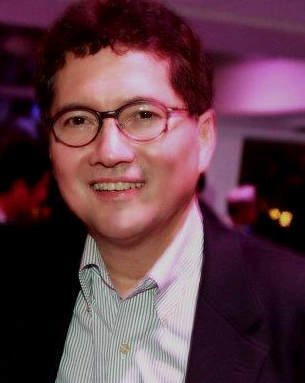
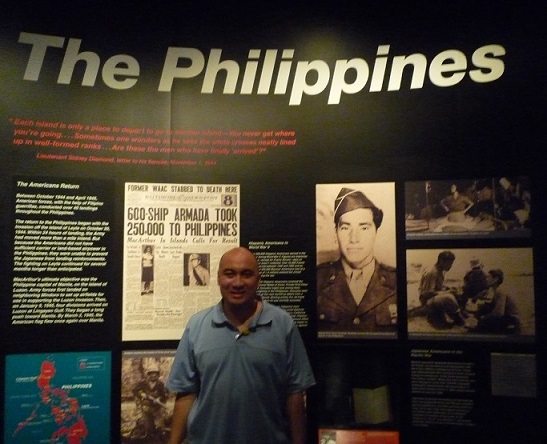

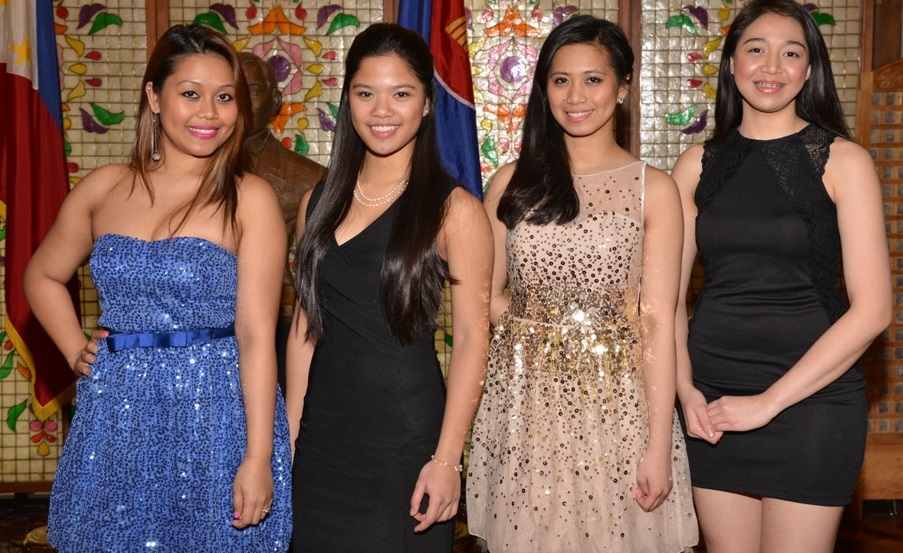

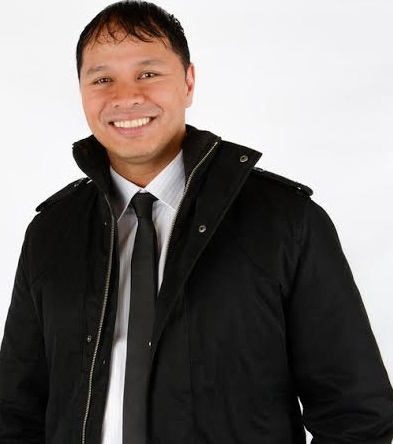
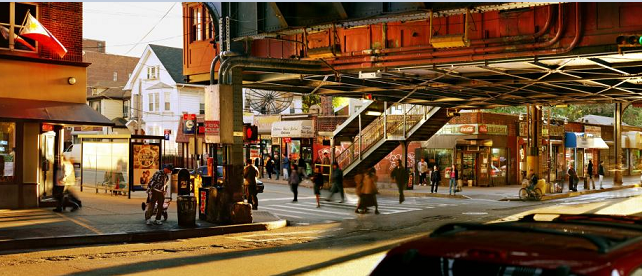
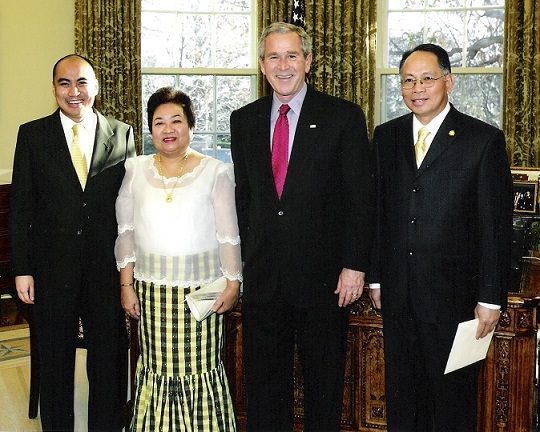
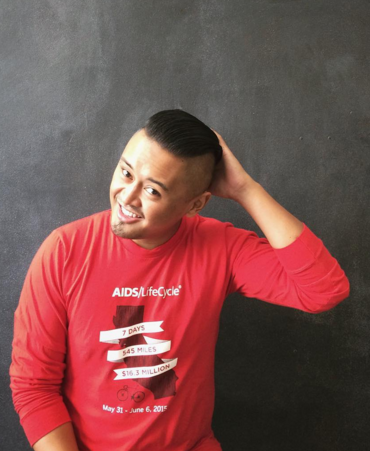
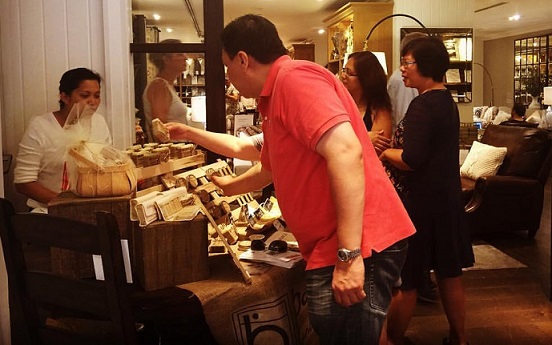
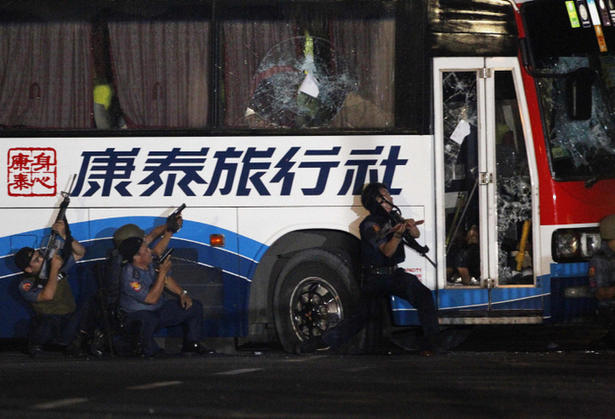

I absolutely agree with you! It takes moral courage to stand up for what you believe in when you know you might get flack for it – good for you and those like you who are sick and tired of Filipinos judging and condemning their own country and kababayans. We’re sorry that this tragedy happened and was caused by our countryman but we nor our government are accountable for an individual’s action.
I love your blog. You should add an RSS feed feature so I can get automatic notifications of new blogs. If you set one up please email me! I will bookmark you for now. Again excellent site!